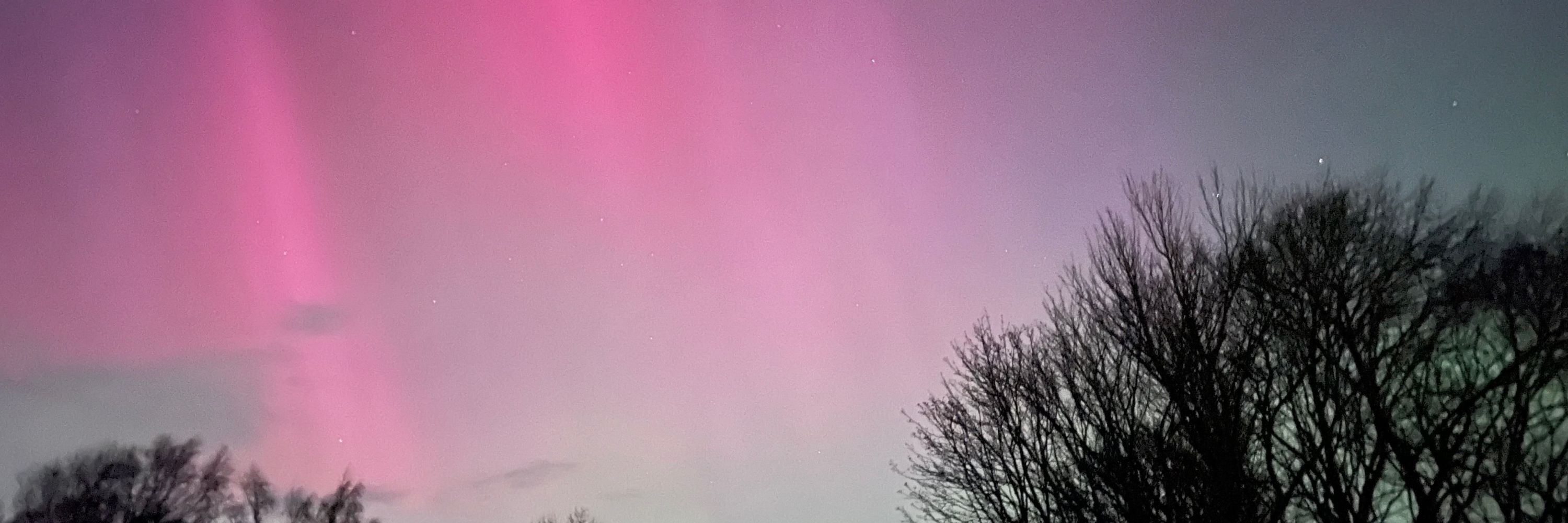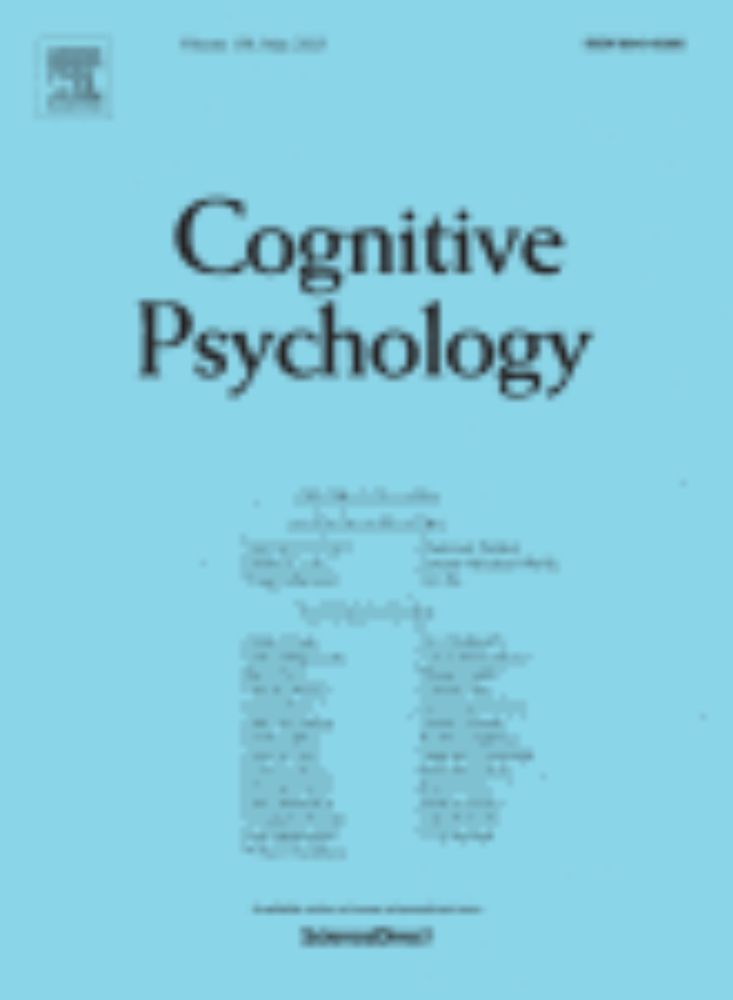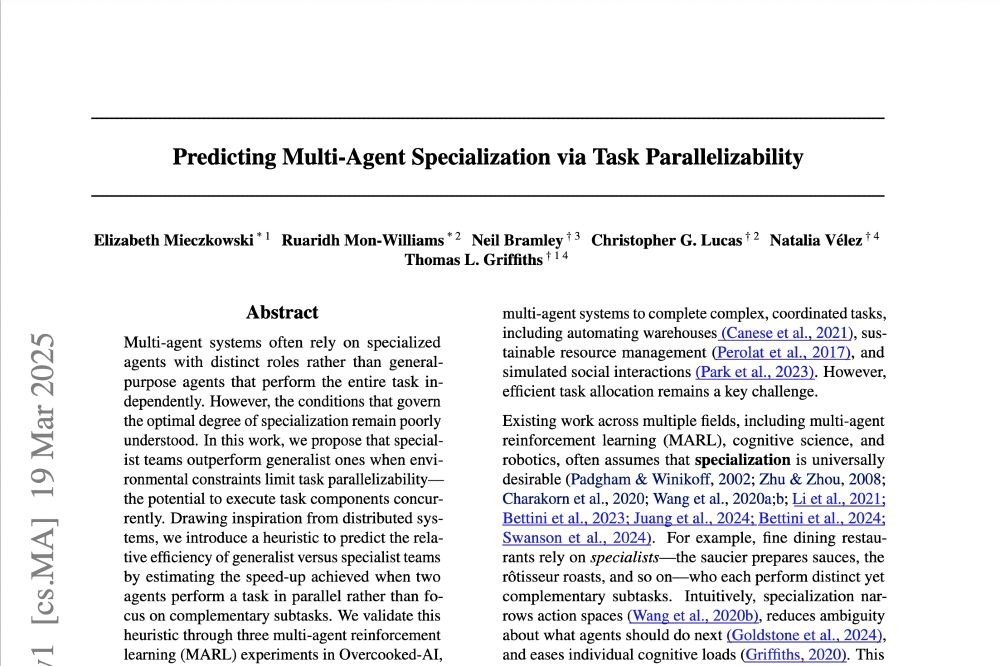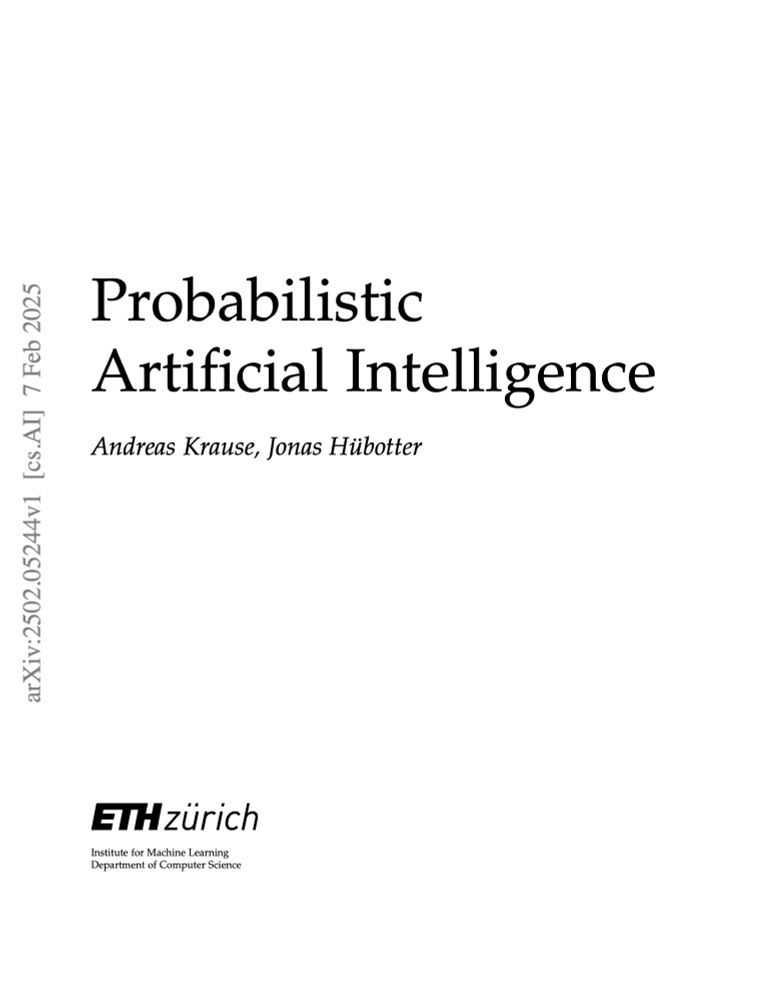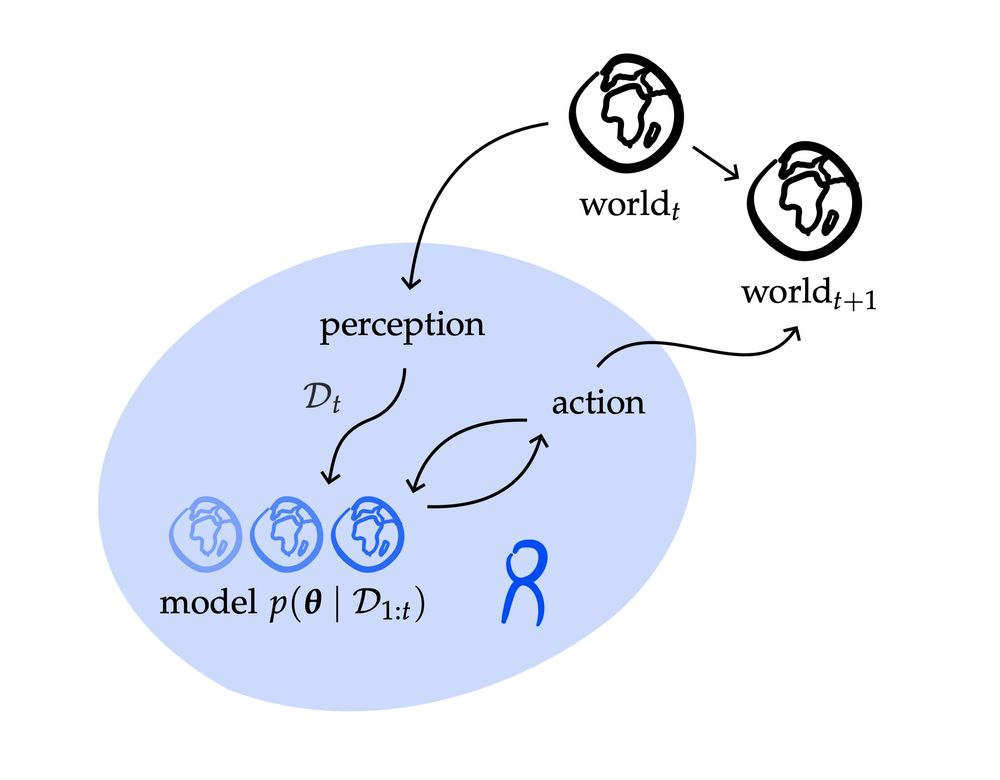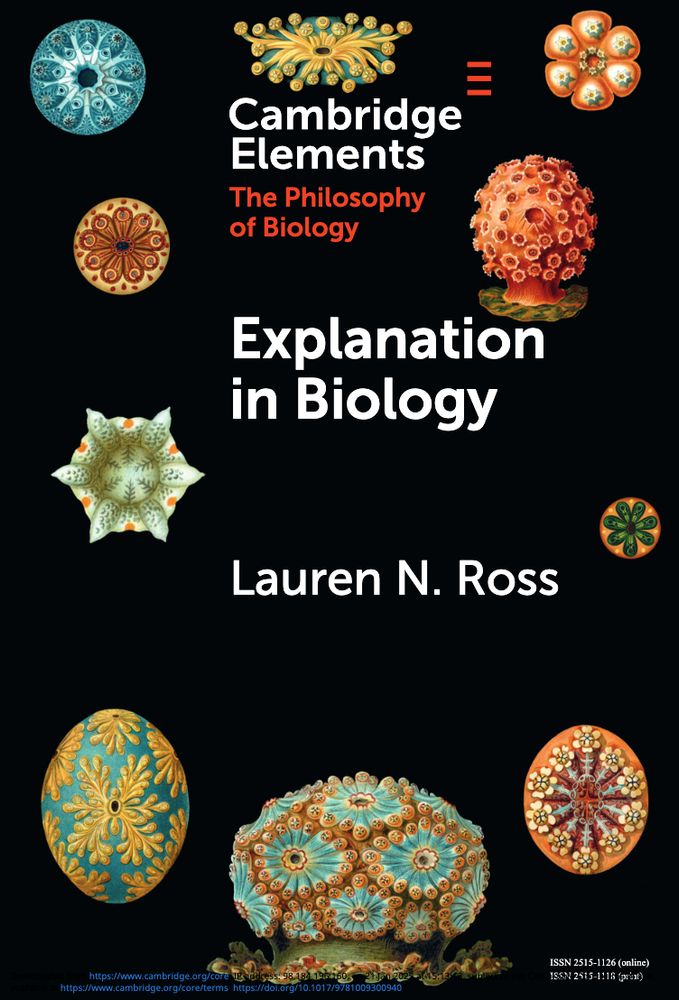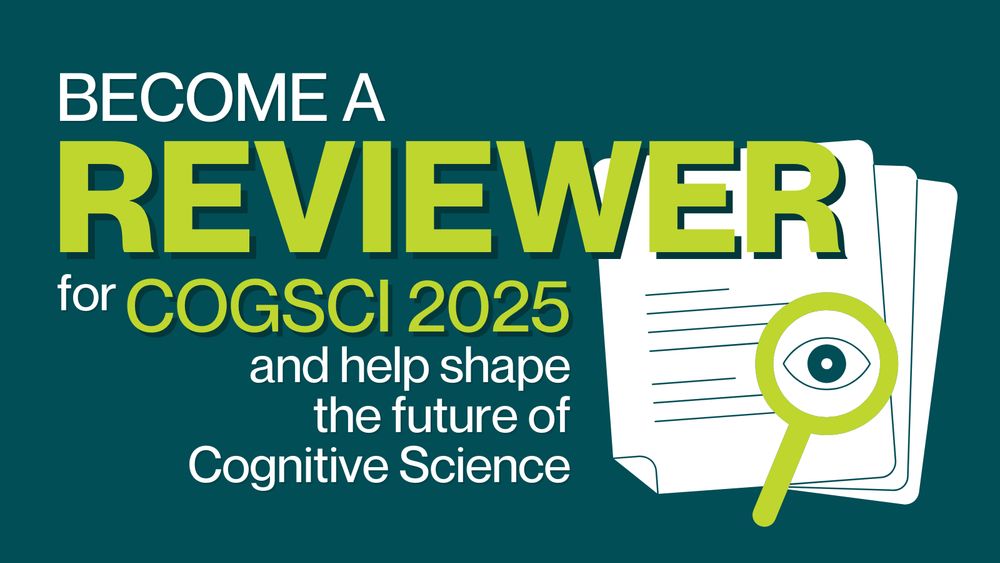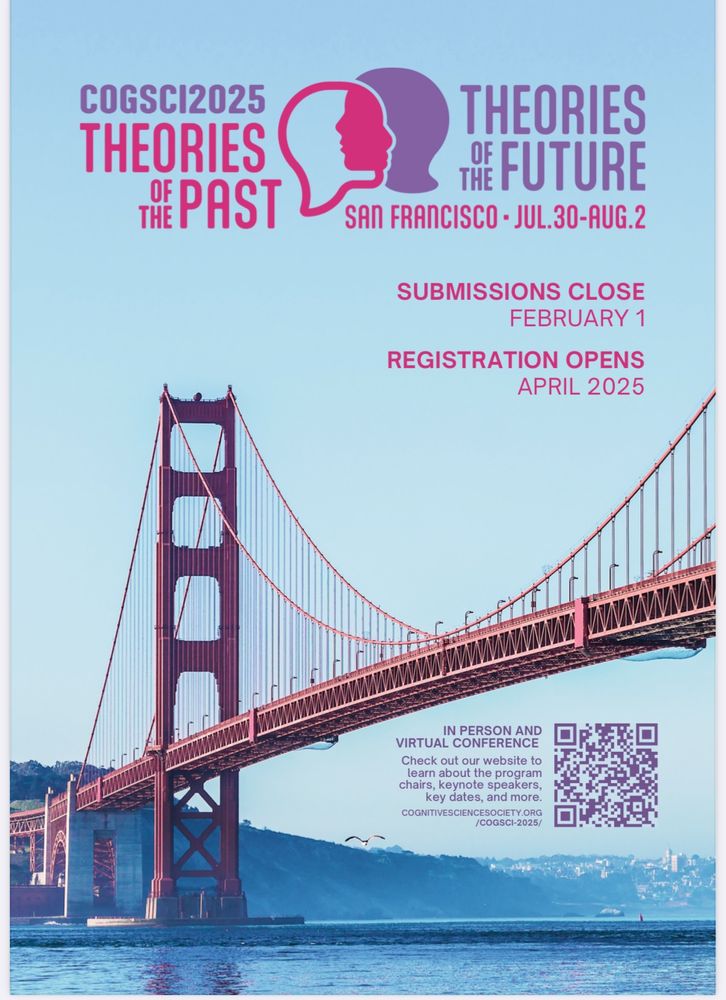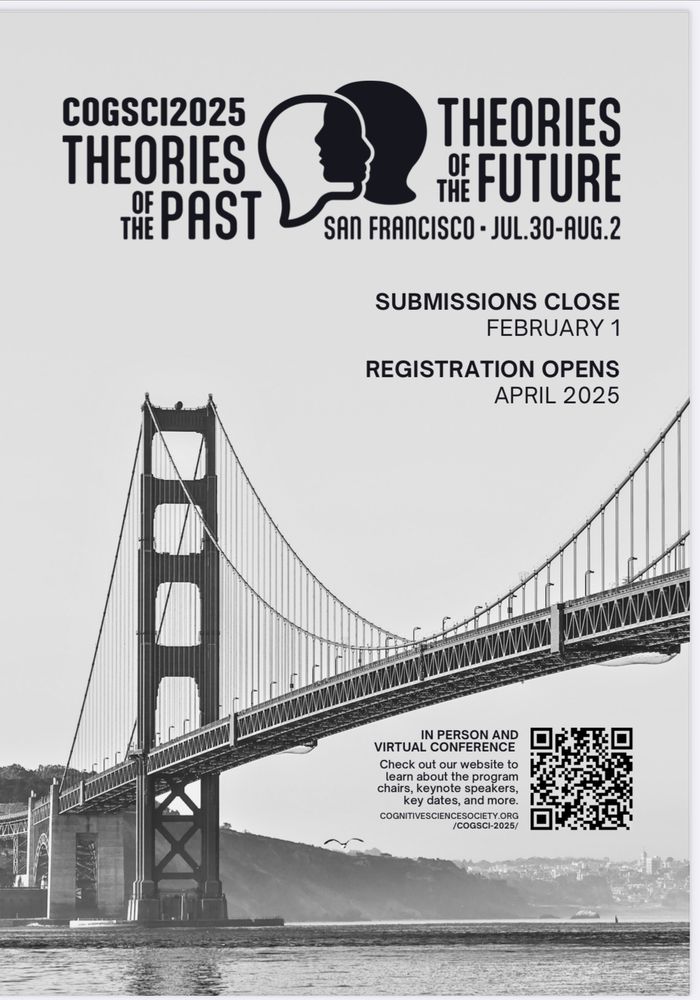Neil Bramley
@neilbramley.bsky.social
200 followers
140 following
6 posts
Cognitive Psychology Reader (Assoc. Prof) at Edinburgh Uni - Into causal cognition, active learning, compositionality & generalisation
Posts
Media
Videos
Starter Packs
Reposted by Neil Bramley
Reposted by Neil Bramley
Neil Bramley
@neilbramley.bsky.social
· May 23

Expectations about future learning influence moment-to-moment feelings of suspense
Suspense is a cognitive and affective state that is often experienced in the anticipation of information and contributes to the enjoyment and consumption of entertainment such as movies or sports. ...
www.tandfonline.com
Reposted by Neil Bramley
Reposted by Neil Bramley
Reposted by Neil Bramley
Reposted by Neil Bramley
Reposted by Neil Bramley
Reposted by Neil Bramley
Reposted by Neil Bramley
Reposted by Neil Bramley
Neil Bramley
@neilbramley.bsky.social
· Oct 5
Neil Bramley
@neilbramley.bsky.social
· Oct 5
